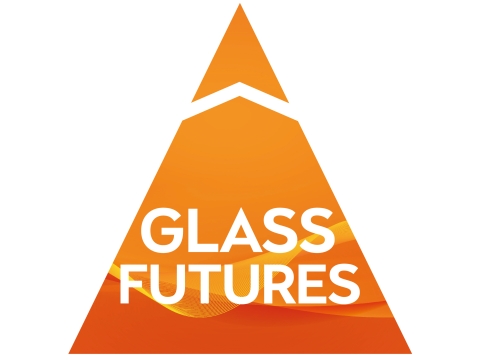The glass sector, alongside all manufacturing industries, is being challenged to decarbonise and radically improve energy efficiency. Meeting this challenge will take new ways of thinking.
Government have not decided on a definitive way forward and in fact the transition to a low carbon future is likely to involve a number of solutions depending on individual company and future innovations.
Many of the options identified in the glass sector decarbonisation roadmap rely on alternative energy sources. It is important to examine the most viable options and to stimulate discussion so the glass sector is in the best position to make decisions on future investments.
This seminar will focus on the future low carbon energy mix in the UK and current and future melting technologies that will need to be adopted for the glass sector to meet its 2050 decarbonisation goal.
What’s the programme?
The first half of the seminar will focus on energy policy and look at how the availability of low carbon electricity, gas and hydrogen is likely to change between now and 2050.
The second half will look at a low carbon melting technologies and explore the barriers to full scale implementation.
Who should attend?
The day will be valuable to anyone with a role connected to the glass manufacturing sector in one of the following capacities:
• senior management
• environmental and energy managers
• project engineers/technical staff
• equipment suppliers
• investment/financial managers
When and where is it?
Tuesday 4 December 2018
9.30-16.00
The Rowan Suite, Cedar Court Hotel, Wakefield
How much does it cost?
British Glass members - £40
Non-members - £175
(All prices are excluding VAT)
This event is hosted by British Glass to enhance the work of it’s Energy and Environment Committee and supported by Glass Futures.
